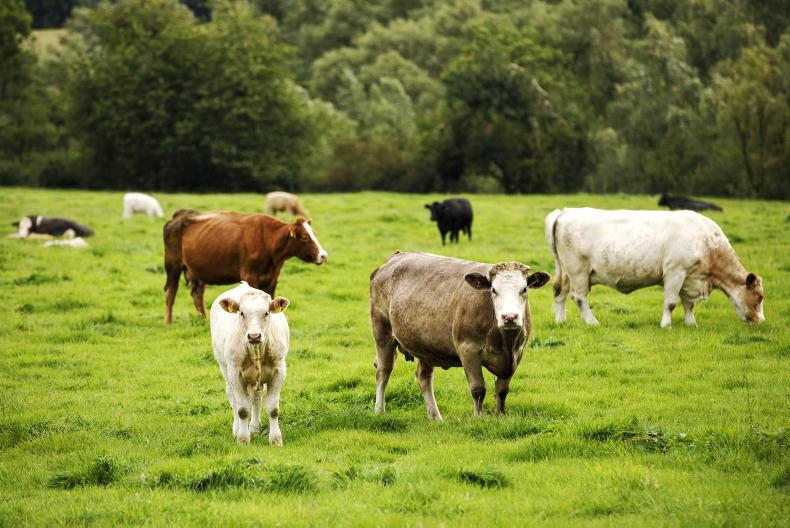A report compiled by the Institute for Agriculture and Trade Policy (IATP)has concluded that Europe’s top 35 meat and dairy companies are increasing their carbon footprint.
The companies include Dawn Meats, ABP and Glanbia.
The report was platformed across social media and was the subject of articles in one of the major Irish daily papers and on one of the biggest online news websites.
It also was the main story on AgraFacts, an influential Brussels-based news agency that specialises in farming and agribusiness stories.
The phrase “global think-tank IATP” was regularly used in reports. This is possibly because that is how the IATP self-describes.
But who is it actually? Founded in 1983 in Minnesota, it also holds an office in Geneva, presumably as the WTO is based there. Its use of the phrase “big dairy” to describe farmer-owned co-ops like Arla and FrieslandCampina might give an indication as to its mindset.
If we look at Brexit, it was fuelled by a plethora of think-tanks and foundations with names that suggested they were august bodies with a long tradition
We have spoken before of the EAT foundation, “a science-based global platfrom for food systems”, which was behind the much trumpeted EAT-Lancet report. The EAT foundation is essentially a vanity project for a billionaire property magnate and his wife, the jet- and yacht-owning Stordahls.
If we look at Brexit, it was fuelled by a plethora of think-tanks and foundations with names that suggested they were august bodies with a long tradition.
The European Research Group (ERG), for instance, sounds like something that Willie Brandt and Georges Pompidou established in the early 1970s. In fact, it is an internal group within the British Conservative Party, entirely comprised of eurosceptic MPs. They were founded in 1993, when then prime minister John Major described this wing of his own party in very unparliamentary language.
Deeply involved in the Vote Leave campaign, the ERG was instrumental in pivoting the UK to a “hard” Brexit, leaving the customs union.
The ironic thing is that this blind eye turned to where information is coming from is selective
This is what has necessitated a trade border between the EU and the UK, with all the problems that it caused on this island. All this from a group that at height never had more than 60 or so MPs, a quarter of the Conservatives.
The ironic thing is that this blind eye turned to where information is coming from is selective. The report from KPMG on the potential effects of various carbon reduction sectoral targets on Irish farming, was regarded by some as tainted simply because it had been commissioned by this publication.
We need to know the messenger for the message to have proper context.






 This is a subscriber-only article
This is a subscriber-only article











SHARING OPTIONS: